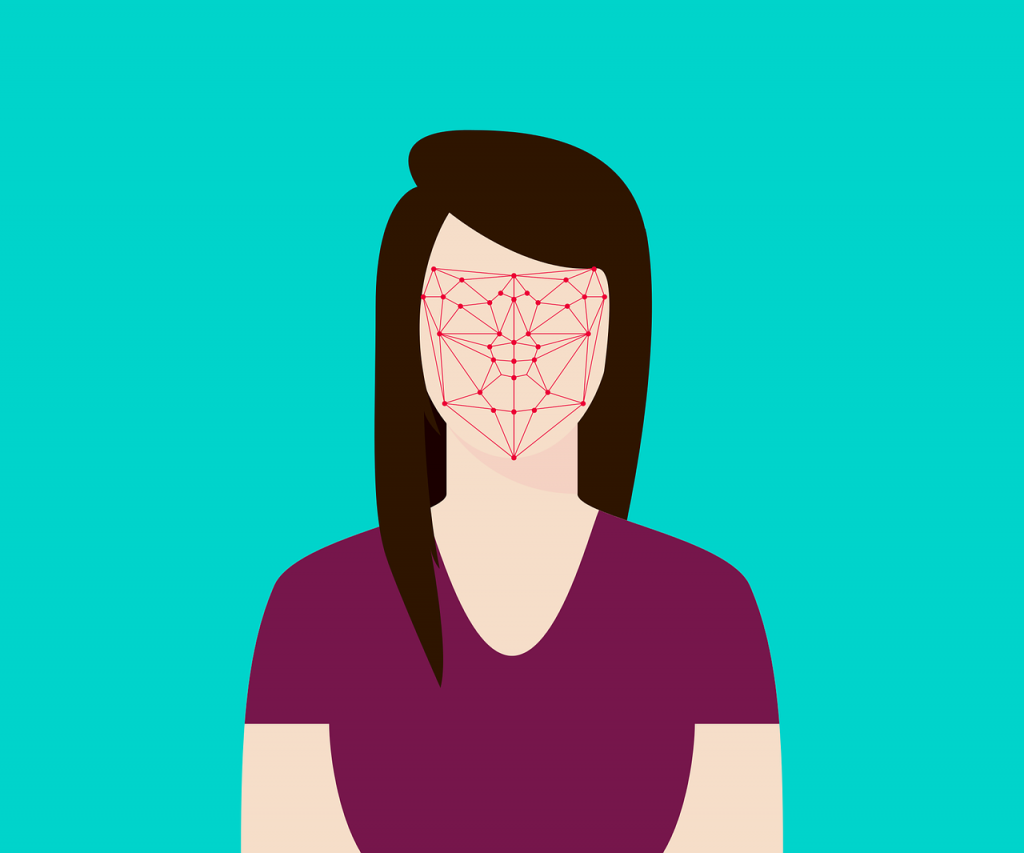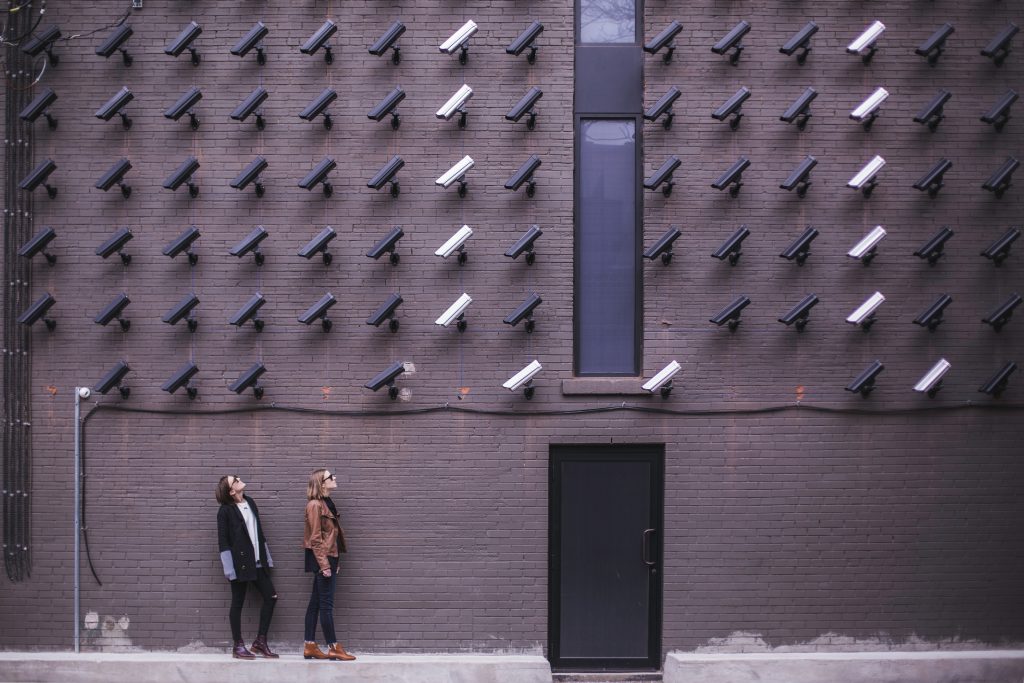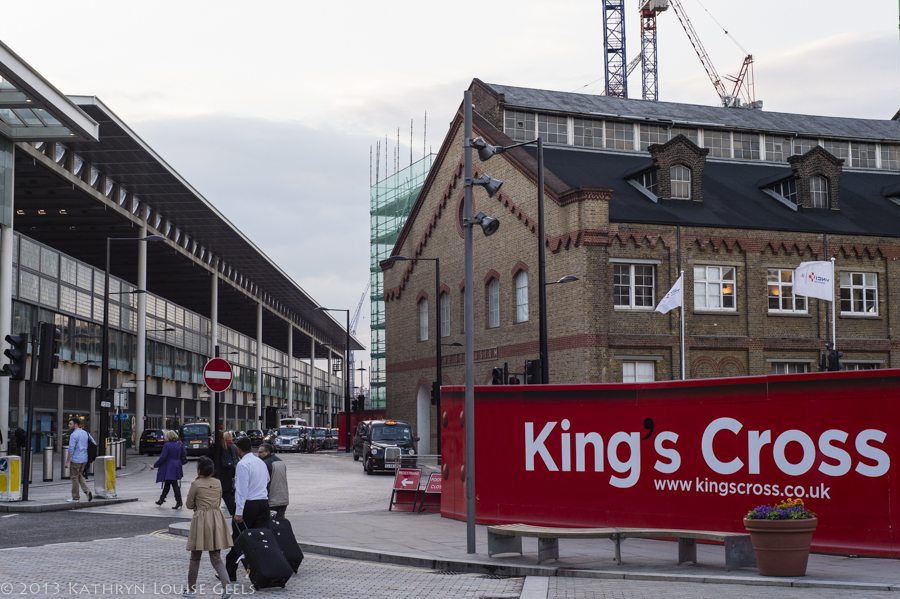The UK’s data protection regulator has launched an investigation into the use of facial recognition in King’s Cross, London.
It was revealed by the Financial Times on Monday (12 August 2019) that a live face-scanning system was in place across the 67-acre site, which includes the national train station, offices, restaurants, bars and cafes.
Developer Argent told the Financial Times that “sophisticated systems” are being used to “protect the privacy of the general public.”
The Information Commissioner’s Office (ICO), which had already expressed concerns about the technology, has now said it is investigating its use in King’s Cross in response to media coverage.
“Scanning people’s faces as they lawfully go about their daily lives, in order to identify them, is a potential threat to privacy that should concern us all,” said Information Commissioner Elizabeth Denham in a statement.
“That is especially the case if it is done without people’s knowledge or understanding.”
Argent has not yet revealed how long the technology has been in place for, whether it has any systems to protect the data it collects, or what legal basis it has for using the technology.
Any organisations wanting to use facial recognition technology must comply with the law.
Elizabeth Denham, Information Commissioner
“Put simply, any organisations wanting to use facial recognition technology must comply with the law – and they must do so in a fair, transparent and accountable way,” the Information Commissioner added.
“They must have documented how and why they believe their use of the technology is legal, proportionate and justified.
“We support keeping people safe but new technologies and new uses of sensitive personal data must always be balanced against people’s legal rights.”
Mayor of London Sadiq Khan has also written to Argent acknowledging that there has been “serious and widespread concern” over its use of the face-scanning system.
Campaigners Slam Use Of Facial Recognition

Image Credit: Pixabay / teguhjatipras.
Campaigners have argued that using facial recognition technology is a direct violation of privacy.
Humans rights charity Liberty said on Twitter: “Use of #FacialRecognition both by police and the private sector is an alarming escalation of mass surveillance.
“The tech is discriminatory and threatens our privacy and freedom of expression. It has no place in a rights-respecting society.”
The technology has been rolled out across other parts of the country in shopping centres, football stadiums and at large street events, such as Notting Hill Carnival.
Privacy Is A Human Right

Image Credit: Pexels / Pixabay.
Regulators previously shut down a trial that took place at the Trafford Centre in Greater Manchester after three months over worries that “too many ordinary people” were being monitored.
Privacy is a fundamental human right. The right to respect for privacy is explicitly included in many major international and regional human rights instruments.
Over 130 countries have constitutional statements regarding the protection of privacy.
Want to learn more on this topic?
- Read more concerns about facial recognition technology.
- Learn about mass surveillance and how it impacts human rights.
- Take a look at our infographic poster on the right to privacy.







